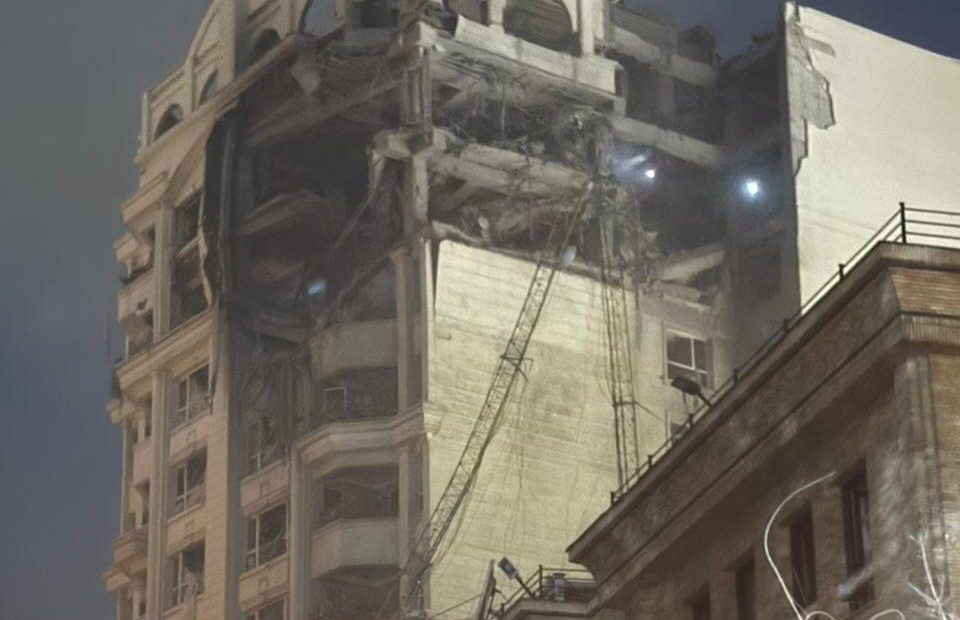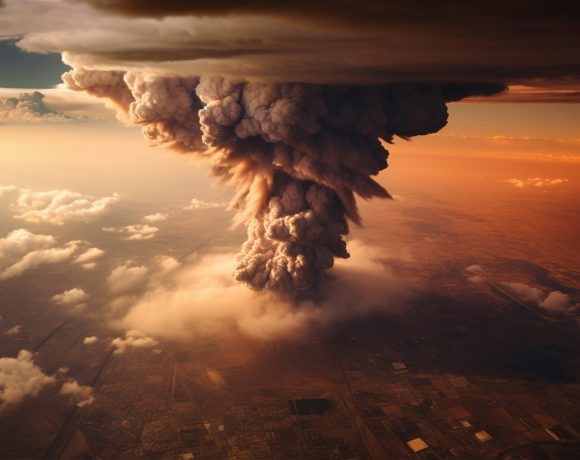
Israel Strikes Tehran and Natanz in Surprise Offensive
Explosions rocked Tehran and other parts of Iran late Thursday night as Israel launched a large-scale military operation targeting Iranian military and nuclear facilities. According to multiple regional and international media reports, the strikes were aimed at Iran’s Islamic Revolutionary Guard Corps (IRGC) command centres, suspected missile depots, and nuclear enrichment facilities, particularly near Natanz. Iranian media outlets confirmed that air defence systems were activated in multiple cities, including the capital, and flights were grounded across Iranian airspace. The scale and precision of the attack suggest extensive planning and real-time intelligence support.
The strikes, which Israeli Prime Minister Benjamin Netanyahu later described as “preemptive defensive actions”, are believed to be in response to what Israel claimed were imminent threats posed by Iran’s expanding nuclear program. In a televised statement, Netanyahu said, “This operation was necessary to prevent a threat of existential proportions. We will continue until the objective is achieved.” The Prime Minister neither confirmed nor denied if the operation would be prolonged over several days, though Israeli officials said that the armed forces were on full alert and airspace was closed as a precaution against Iranian retaliation.
Eyewitnesses in Tehran described hearing multiple loud explosions throughout the night, followed by blackouts and intermittent mobile network disruptions. There were also reports of missile impacts near government buildings and military compounds. While Iranian authorities have not confirmed casualties, unofficial sources within Iranian Telegram groups and Western intelligence assessments suggest that senior IRGC officers may have been killed in the attack, potentially including high-ranking commanders.
Meanwhile, the United States distanced itself from the operation. A senior U.S. official stated unequivocally, “This was not our operation,” and emphasized that the United States had no prior involvement or assistance in the strikes. The official further cautioned Iran against targeting U.S. forces in the region in any retaliatory moves. President Biden, who was briefed on the strikes at the White House situation room, has reportedly urged all sides to avoid escalation and warned of potential consequences if regional tensions spiral out of control.
The international response has been one of concern and restraint. European nations have called for calm, while Australia and New Zealand issued public advisories urging their citizens in the region to seek safety and prepare for further developments. Oil prices spiked globally amid fears of disruptions in the Strait of Hormuz, a vital chokepoint for global energy trade.
Iran’s Foreign Ministry condemned the attacks, calling them a violation of international law and threatening “serious consequences.” Supreme Leader Ayatollah Ali Khamenei has reportedly convened an emergency meeting with top military officials to assess the damage and formulate a response. However, no official military retaliation has yet been launched, though analysts expect Iran’s strategic response may involve proxies in Lebanon, Syria, or Iraq rather than direct missile exchanges.
With tensions escalating rapidly, the next few days will likely determine whether this remains a limited exchange or evolves into a broader regional conflict. The Israeli airstrikes mark a significant and dangerous turn in the long-simmering shadow war between Iran and Israel, pushing the Middle East closer to a potential flashpoint.


















